After the first televised debate between bipartisan candidates in this year's US presidential election, hosted by CNN on June 28 (Vietnam time), The New York Times editorial board published an editorial titled: "To serve this country, President Biden should leave the race."
In the article, the editorial board of The New York Times , the most prestigious and influential newspaper in the US, pointed out that Mr. Biden has proven to be the best person to defeat the threat to democracy when he won the election in 2020. However, "the most meaningful act of service to the American people that Mr. Biden can now perform is to announce that he will not continue to run for re-election," The New York Times wrote.
The Cronkite Moment
According to The Guardian , The New York Times article recalls the time in February 1968, when the famous journalist and CBS host Walter Cronkite, in his primetime program in the US, openly questioned the US military intervention in South Vietnam after the Tet Offensive, when the southern army and people suddenly rose up in many places, especially in Saigon.
Cronkite was a veteran journalist known for his candor and was once hailed as a symbol of objectivity by Cleveland State University communications professor Richard Perloff. According to The Washington Post , Cronkite was a patriot and until 1968 believed what the U.S. government said about the Vietnam War.
But, like many Americans, Cronkite was in complete shock about the Tet Offensive. "What the hell is going on? I thought we were winning the war," he said when the first news of the offensive was reported to CBS.
Images of fighting in the heart of Saigon, including at the American Embassy, prompted many to question who was really winning, and Cronkite decided to travel to Vietnam himself. During his trip, he witnessed the fighting in Hue and spoke with William Westmoreland's deputy, General Creighton Abrams.
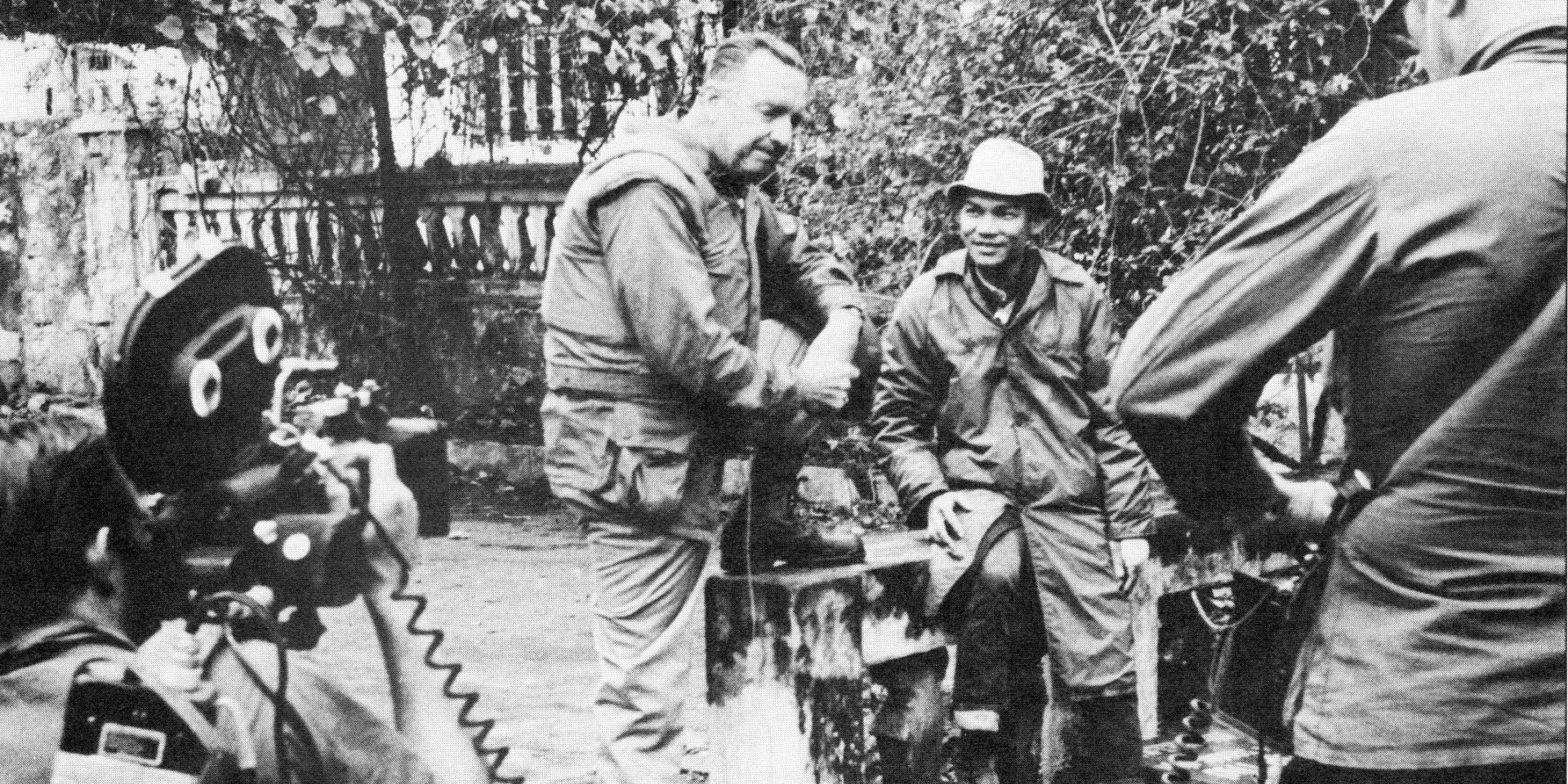
Journalist Walter Cronkite (third from right) working in Hue in 1968
National Archives and Records Administration
Mr. Cronkite then summarized his Vietnam trip with a special report on the war, which was broadcast by CBS on the evening of February 27, 1968, shocking the whole United States. "To say that we were mired in stalemate seemed the only realistic conclusion... It was increasingly clear to the reporter that the only reasonable way out would be to negotiate, not as victors...".
Mr. Cronkite's comments shocked America. Contrary to the image of a journalist who had never publicly expressed his views on the war, the above report was admitted by him to be "subjective" and his own opinion.
President Lyndon Johnson, then running for re-election, was reportedly disappointed with Cronkite's reporting, saying: "If I lose Cronkite, I lose Middle America." Middle America is a term used to describe the region in the heartland of the United States, with a predominantly middle-class population and traditional political and religious views.
Whether Johnson said it or not is a matter of debate. But the Tet Offensive and Cronkite’s report had a political domino effect. Democratic presidential candidate Eugene McCarthy, who opposed the Vietnam War, quickly rose to prominence. Robert Kennedy, the brother of the late President John Kennedy, first criticized the administration’s cover-up of the real situation in Vietnam and then entered the presidential race.
On March 31, 1968, President Johnson announced that he would not run for re-election, saying, "I will not seek and will not accept the nomination of my party for another term as your president." Part of the reason he gave was health issues.
Mixed reactions
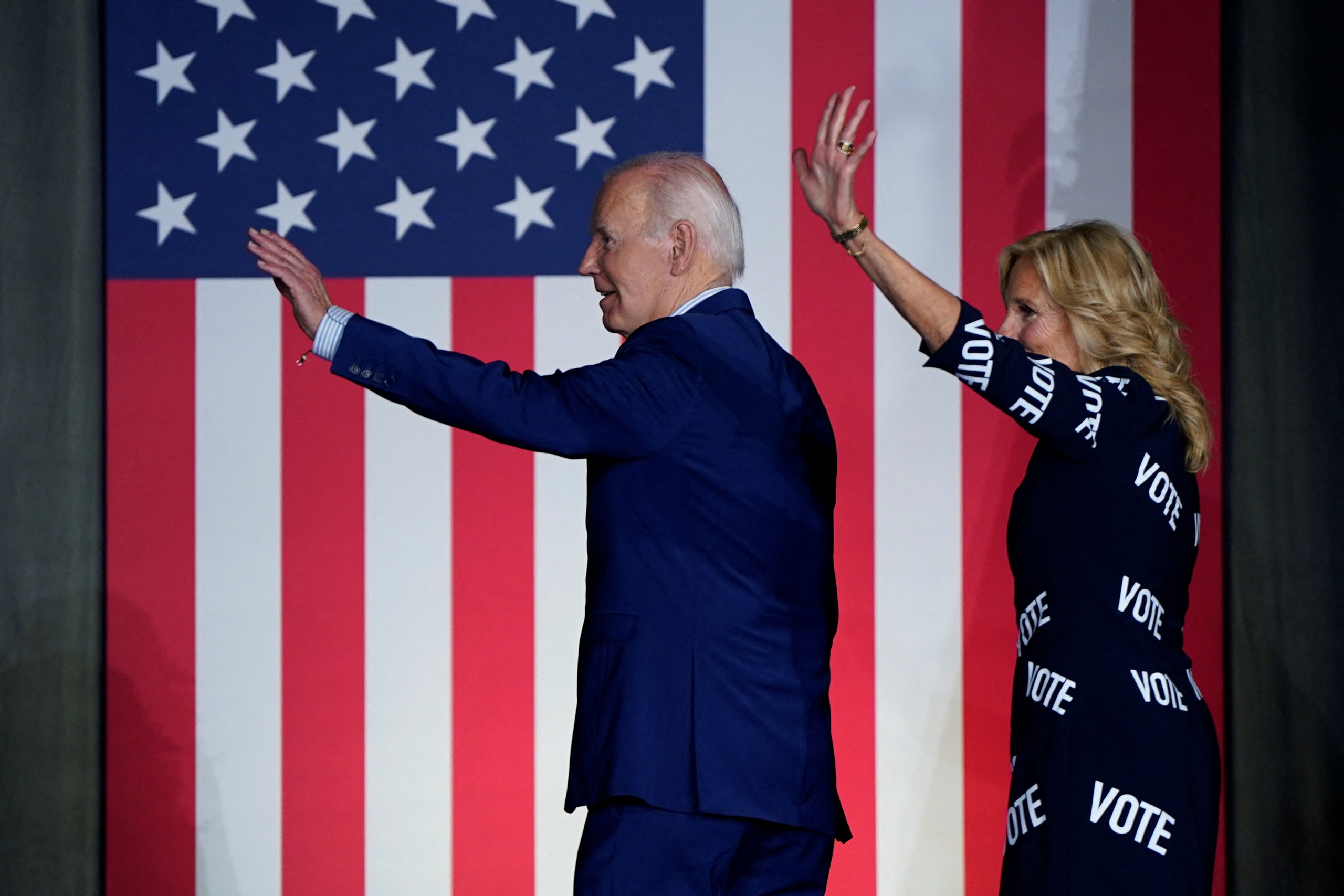
President Joe Biden and his wife Jill greet supporters at an event in North Carolina on June 28.
According to The Washington Post , Cronkite brought anti-war sentiment into the mainstream. The US intervention in South Vietnam was no longer described by reporters as “our” war. The media gradually separated itself from the government’s agenda.
Today, the “Cronkite moment” is arguably gone because of the fragmentation of the news ecosystem. The role of news anchors and newspapers is increasingly diminished. However, the editorial in The New York Times , a prestigious newspaper since 1851, echoed equally harsh criticism from other influential sources, including those respected by President Biden. Journalist Thomas Friedman, author of many famous books such as The World is Flat , From Beirut to Jerusalem ... and a favorite commentator of Mr. Biden, said he cried when watching the televised debate. The Atlantic, a liberal and progressive political newspaper, published six articles on June 28, all of which argued for Mr. Biden to withdraw.
President Biden has not yet responded to The New York Times editorial, but has previously admitted that he “didn’t debate as well as he usually does.” However, the leader still has the support of many other influential politicians, including former President Barack Obama, former President Bill Clinton and his wife - former Secretary of State Hillary, Vice President Kamala Harris, former Speaker of the House Nancy Pelosi and California Governor Gavin Newsom.
Source: https://thanhnien.vn/khi-mot-tong-thong-my-rut-lui-khoi-cuoc-tranh-cu-vi-suc-ep-truyen-thong-185240630120452668.htm


![[Photo] A brief moment of rest for the rescue force of the Vietnam People's Army](https://vstatic.vietnam.vn/vietnam/resource/IMAGE/2025/4/3/a2c91fa05dc04293a4b64cfd27ed4dbe)
![[Photo] General Secretary To Lam receives Japanese Ambassador to Vietnam Ito Naoki](https://vstatic.vietnam.vn/vietnam/resource/IMAGE/2025/4/3/3a5d233bc09d4928ac9bfed97674be98)
![[Photo] Special relics at the Vietnam Military History Museum associated with the heroic April 30th](https://vstatic.vietnam.vn/vietnam/resource/IMAGE/2025/4/3/a49d65b17b804e398de42bc2caba8368)

![[Photo] Prime Minister Pham Minh Chinh chairs meeting after US announces reciprocal tariffs](https://vstatic.vietnam.vn/vietnam/resource/IMAGE/2025/4/3/ee90a2786c0a45d7868de039cef4a712)
![[Photo] Moment of love: Myanmar people are moved to thank Vietnamese soldiers](https://vstatic.vietnam.vn/vietnam/resource/IMAGE/2025/4/3/9b2e07196eb14aa5aacb1bc9e067ae6f)




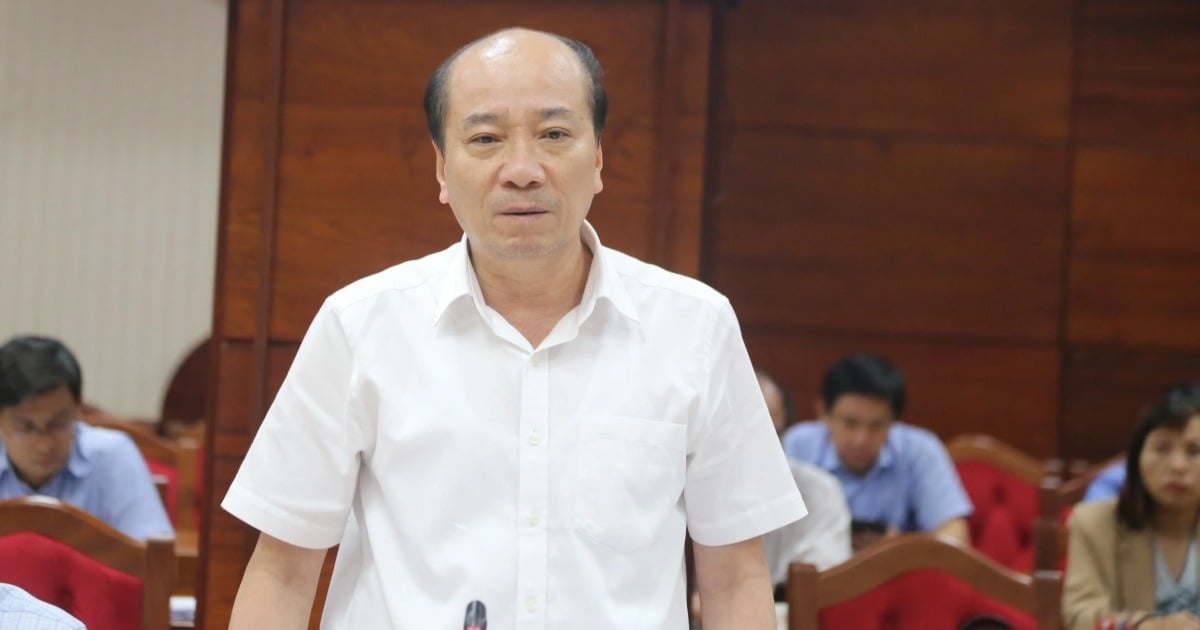


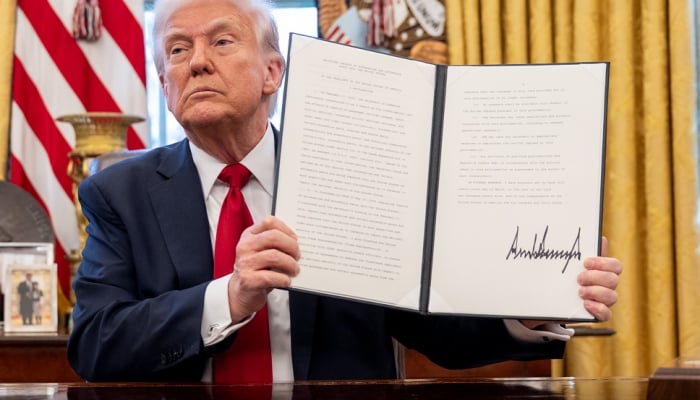




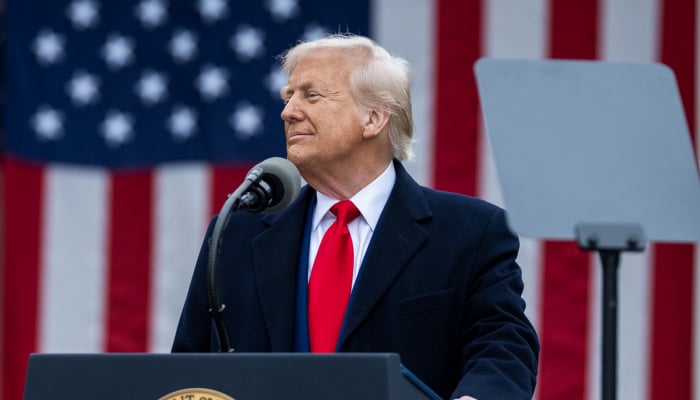











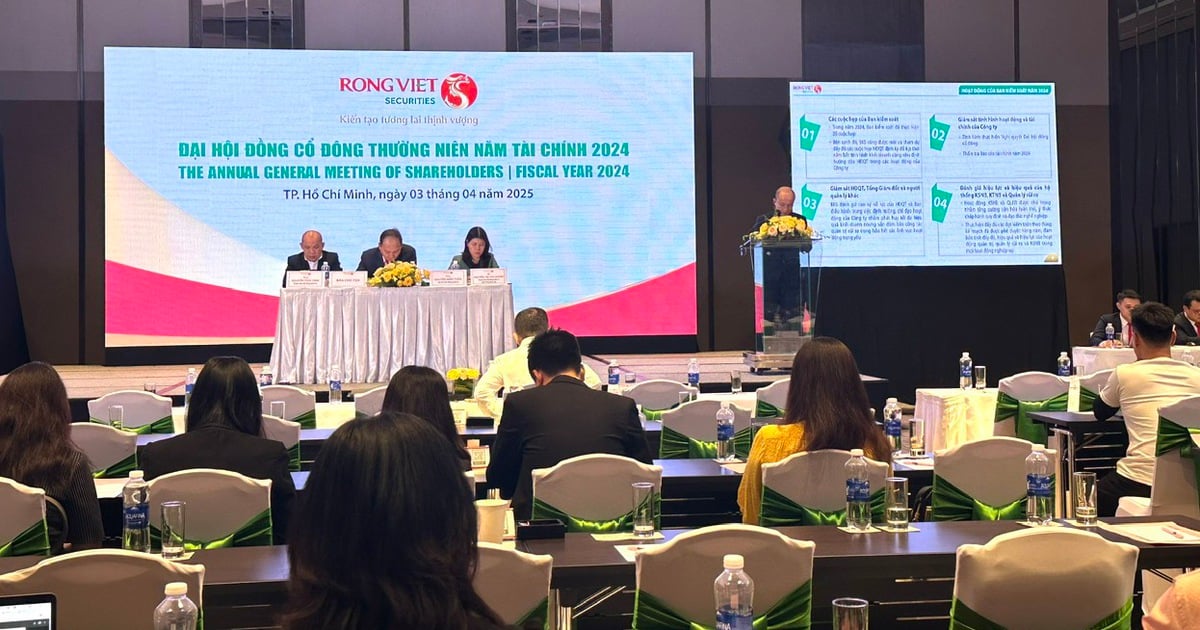
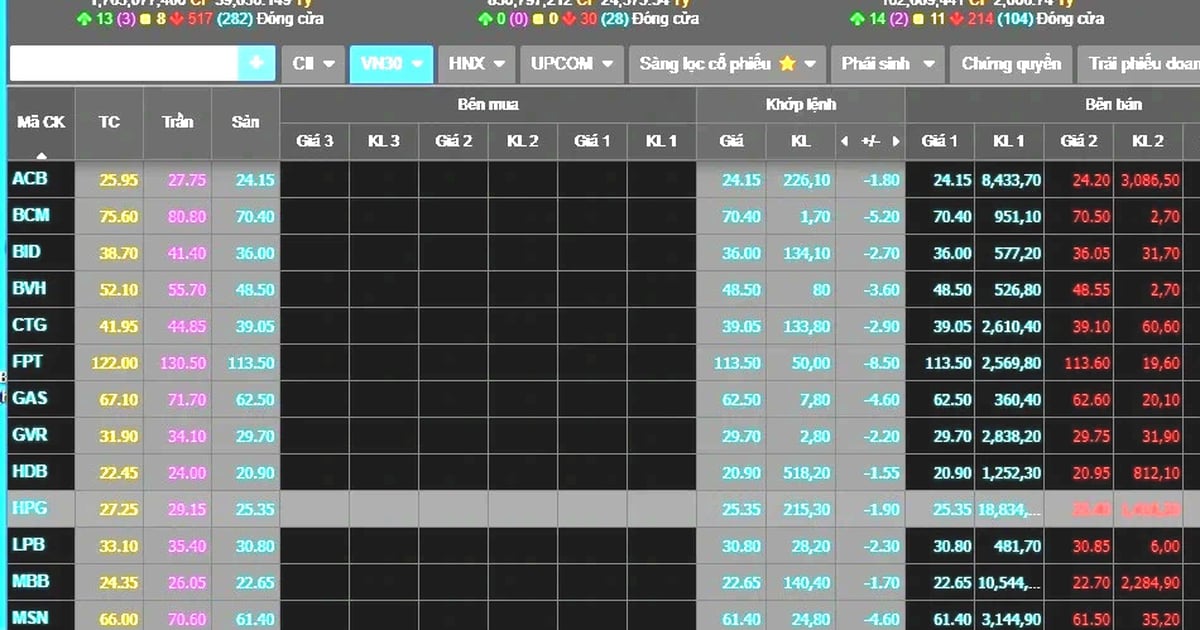









































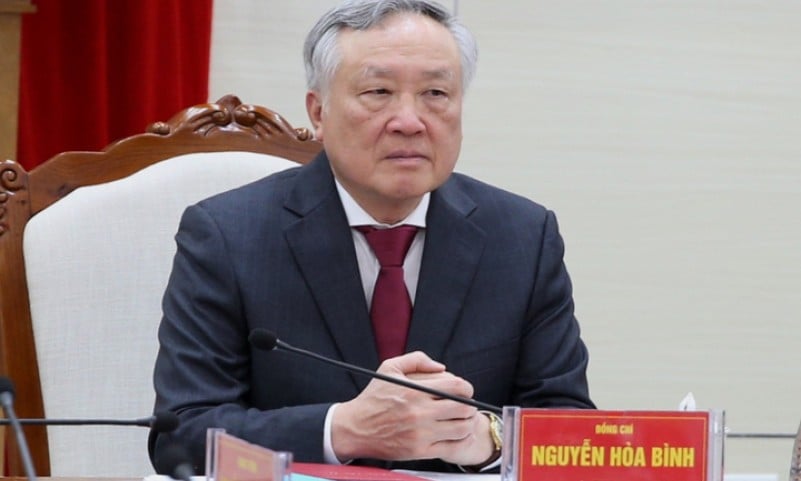
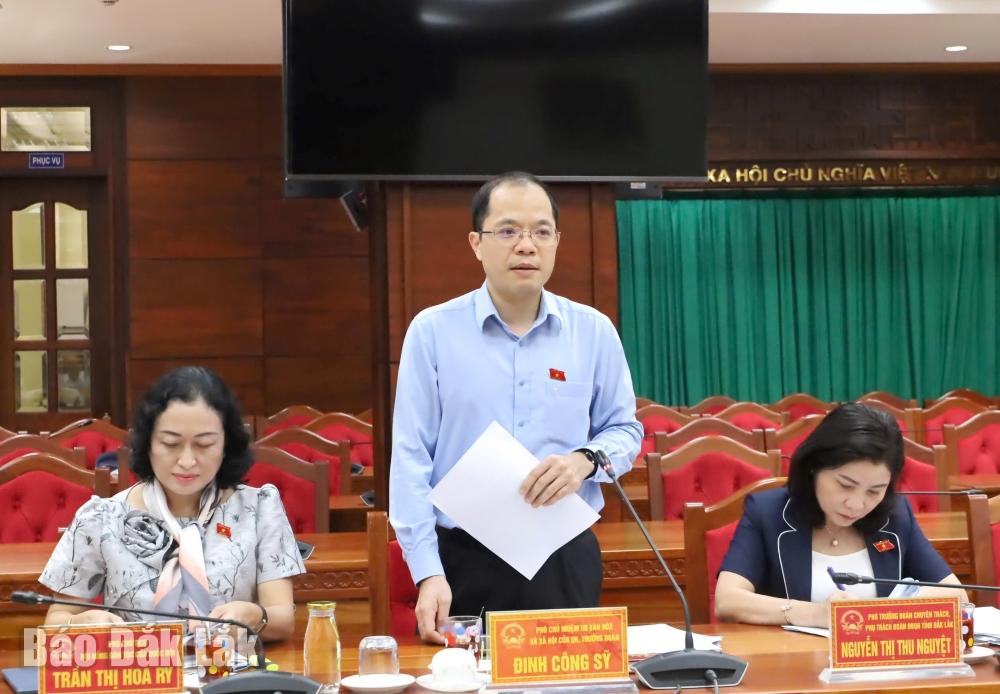

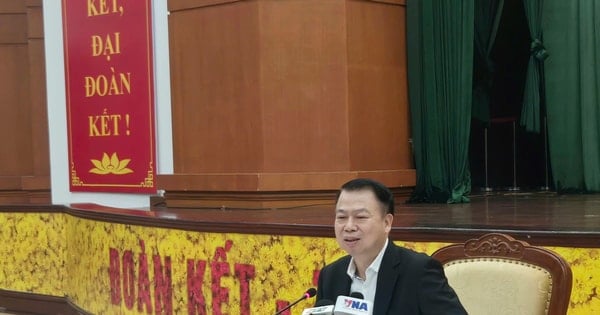
















Comment (0)